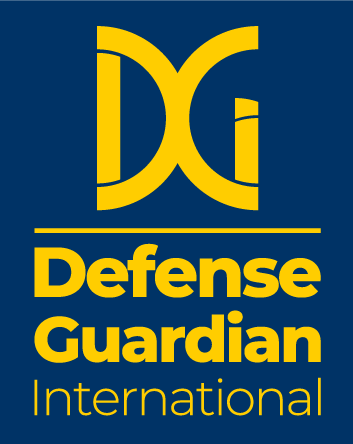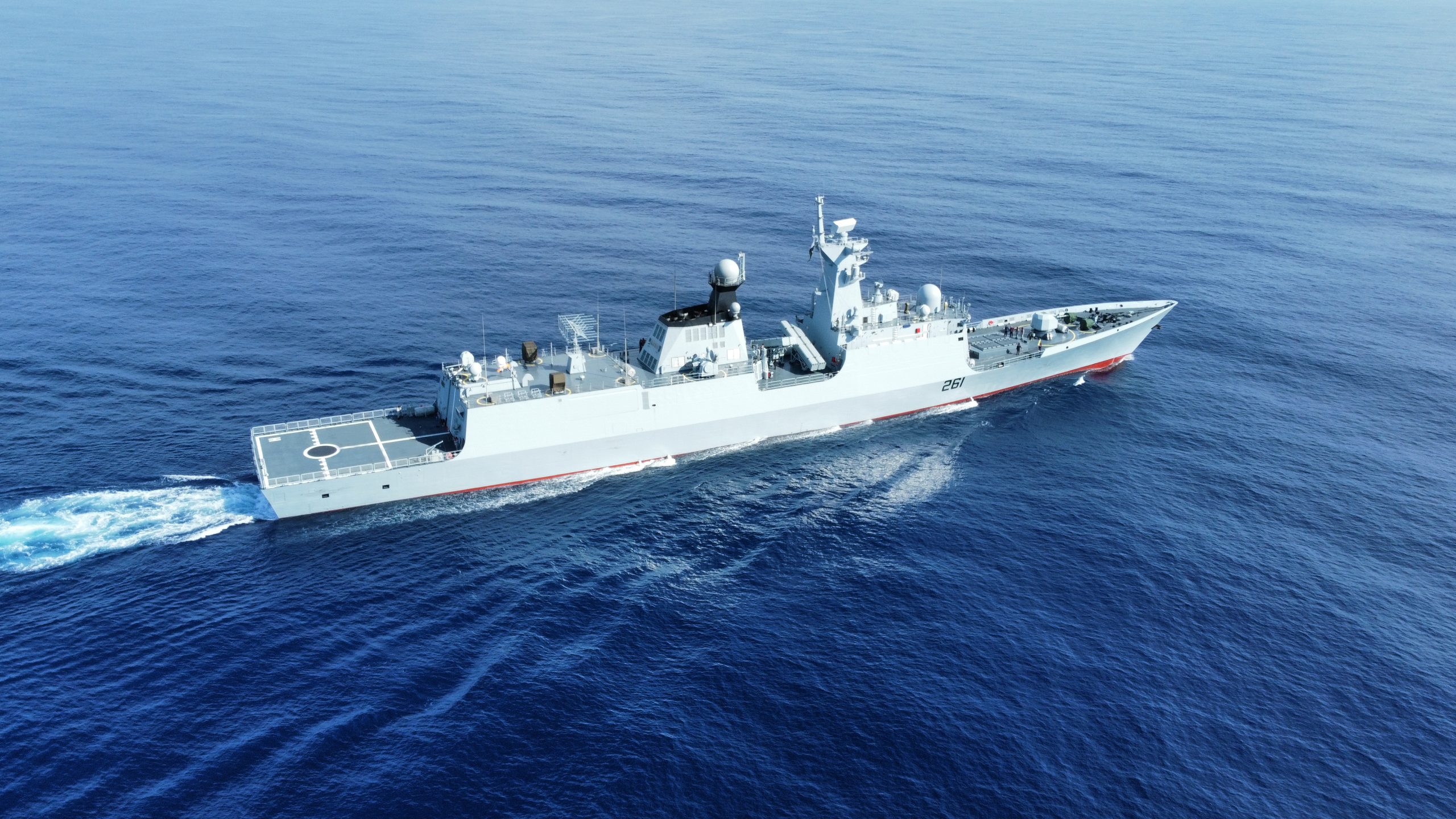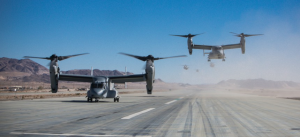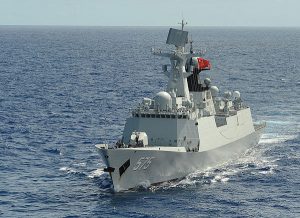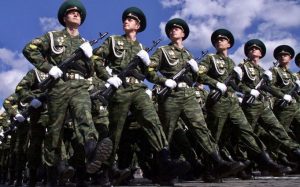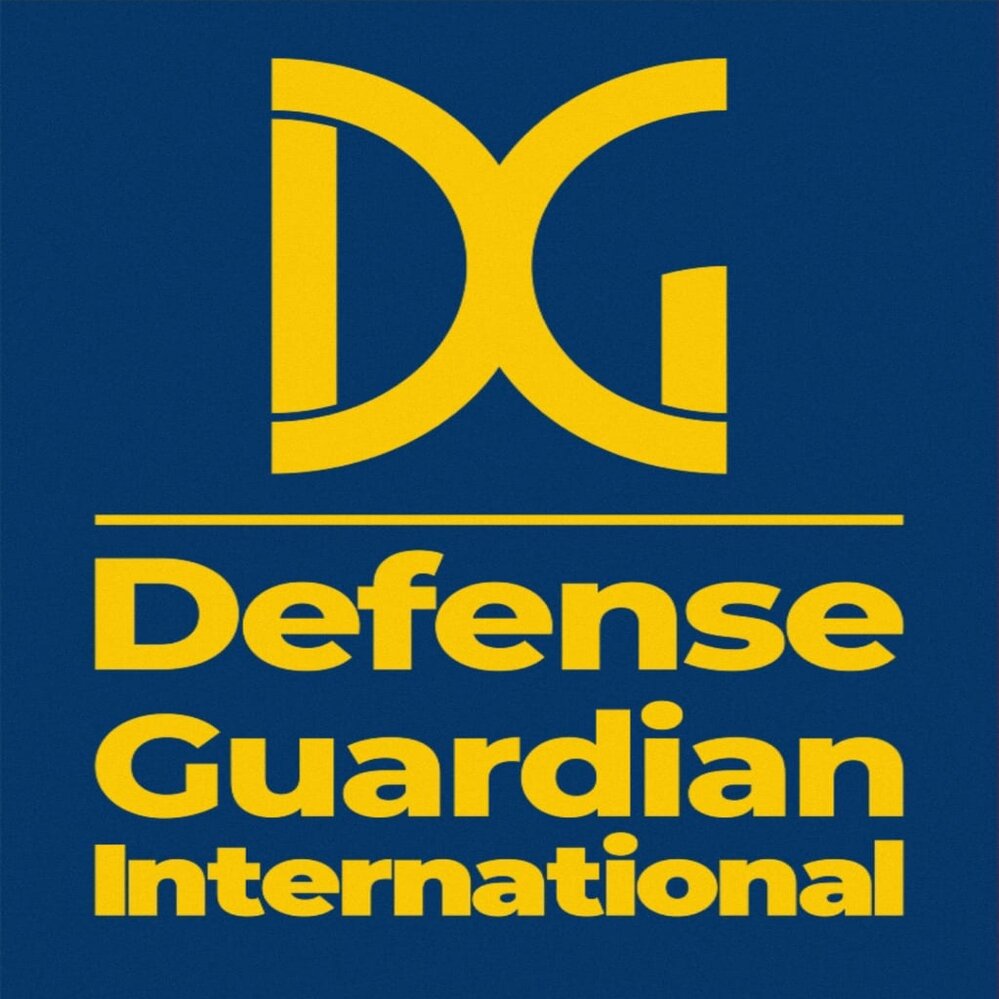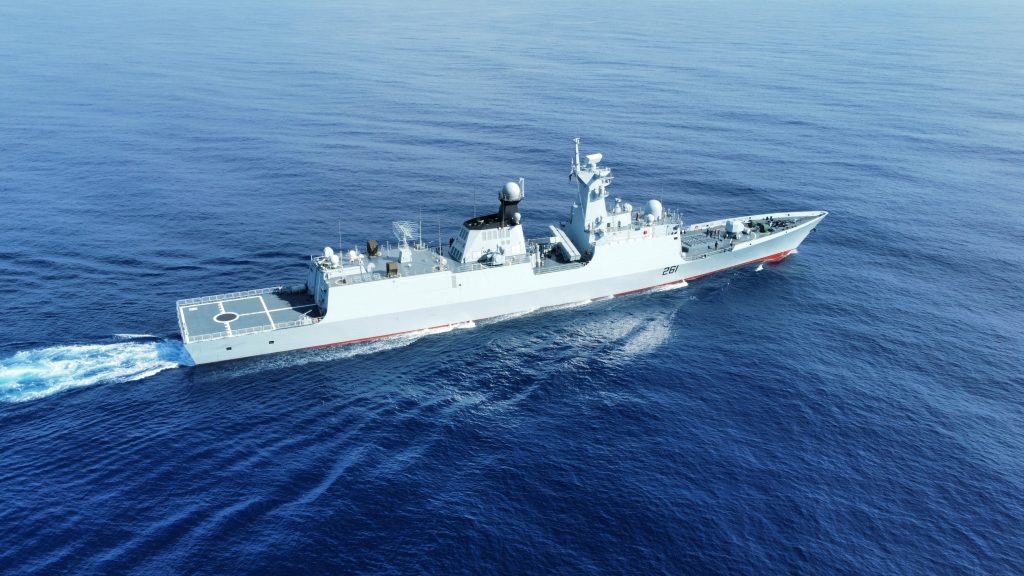
The Indian Ocean is undeniably one of the world’s most active and consequential trading seas. Large populations, enduring cultural traditions, a maritime economy, cultural tourism, and the vested interests of the world’s leading nations all contribute to the Indian Ocean littorals’ combined geoeconomic and geo-symbolic significance. All of humanity stands to benefit from the IOR’s enormous potential for geoeconomic operations, not only Asian countries. By strengthening existing social and economic linkages, BRI has opened up new possibilities for countries along the Indian Ocean’s coast to realize their full potential and reduce poverty. International stakeholders are increasingly concerned that the region’s geopolitical and geoeconomic factors are complex enough that the philosophy of enhanced cooperation on maritime security, peace, and stability is urgently required to foster economic growth and guarantee the region’s and the world’s prosperity. China’s new financial effort holds great promise for the area, with Pakistan and Iran standing to gain the most from the regional upswing. Major world powers are responsible for fostering a climate of stability and mutual aid in international affairs.
China, Pakistan, and Iran should step up their diplomatic efforts in this regard. Pakistan sees the need to transform the region into a mega corridor to better align with regional prosperity forces. This way, Pakistan has realized that its future depends on Afghanistan., the Central Asian Republics (CARs), Russia, Iran, and China. In addition, it sees that a never-ending state of antagonism with India serves no purpose and that a common vision of prosperity for the region’s enormous population currently excluded from economic opportunities is the only way to resolve the problem. Despite its potential, India is acting like a normal regional power with hegemonic intentions in the Indian Ocean. It wants to maintain control over the IOR’s key chokepoints, which would destabilize the area. However, as formidable as China’s military and economy are, this is not feasible.
China is the largest and most consequential partner in helping to chisel this positive picture out of this difficult region. The idea of the two oceans navy initiative and the maritime Silk Road are the two interconnected building blocks of China’s evolving policy for naval affairs in the IOR. China has been working aggressively over the past decade to reach these two landmarks effectively. China’s current vulnerability stems from the Strait of Malacca, and Gwadar’s strategic importance will undoubtedly aid in resolving this issue. China has a vested interest in the geo-economics of the maritime silk route, which it must acquire, protect, and defend if necessary.
Karachi Port Qasim and other Pakistani ports and harbors are critical to landlocked Afghanistan, the Central Asian Republics (CARs), Russia, and, increasingly, China due to the CPEC project. Pakistan’s favorable geographical position, with its extensive coastlines and large harbors, makes it an attractive hub for various maritime industries, most of which use foreign vessels. Pakistan’s contribution to global shipping, the Gwadar port, and the Exclusive Economic Zone (EEZ) are crucial to the country’s progress. Non-conventional threats along Pakistan’s coasts, on the other hand, hurt the country’s economic and security goals. When dealing with landlocked countries to which Pakistan wishes to offer a route to the IOR, paying attention to all these implications will purposely leave Pakistan in a disadvantageous position. Once these non-traditional threats resolve, Pakistan can keep the country safe. In order to acquire the necessary defense modernization and deal with NTS threats, economic stability is crucial.
Regarding protecting its sea lanes and international shipping interests in the Indian Ocean, Pakistan should put more resources into strengthening its navy. Pakistan’s diplomatic interests in the IOR are threatened globally by persistent terrorist threats. Along Pakistan’s coast, international trade is disturbed by attacks by extreme military forces aided by regional countries opposed to the China-Pakistan Economic Corridor (CPEC), as well as the proliferation of weapons and the trafficking of people, and smuggling. Pakistan’s national security isn’t the only one imperiled by the major maritime security challenges in the IOR and the region.
In 2007, the Pakistan Navy initiated the multinational naval exercise “AMAN” in the North Arabian Sea, intending to develop a comprehensive maritime security policy to protect national and regional interests. To bring together naval nations in the IOR and call for galvanizing efforts to preserve strong linkages at sea, the Pakistan Navy used blue diplomacy. The word “AMAN,” which means “peace” in Urdu, was chosen appropriately for the name of the activity. It represents Pakistan’s desire for peace and its readiness to maintain stability. There have been seven AMAN exercises held by the Pakistan Navy thus far. Since 2007, this exercise regularly. This year marks the eighth such event. All prior AMAN naval exercises were huge successes, with the navies of friendly countries participating completely and welcoming goodwill to Pakistan. Additionally, all participants, including the host Pakistan Navy, gained tremendous professional experience.
One of the main goals of the AMAN series of multinational exercises is to show that the international community is united in its fight against terrorism and crimes committed in the maritime domain, such as piracy. In contrast, during the sea phase, the participating navies send their surface ships, aircraft, special operations troops, and marine teams to the military exercises. Maneuvers, weapon fire drills, maritime interdiction operations, flying operations, search and rescue activities. An international fleet review strengthens the Pakistan Navy’s capabilities to counter unconventional threats and boost the country’s soft image abroad.
In addition to AMAN-23, the Karachi Expo Center will host a major marine conference this year for the first time. The Pakistan Navy is launching the Pakistan International Maritime Expo and Conference (PIMEC) under the Ministry of Marine Affairs to boost Pakistan’s maritime industry and blue economy. From February 10th through February 12th, 2023, the Pacific International Marine Exposition (PIMEC) will bring together stakeholders and companies from a wide range of maritime disciplines to investigate and utilize the promise of the blue economy. This new journey aims to discover the boundless possibilities of what lies ahead. It will not only help us make a living and stimulate the economy, but it will also contribute to efforts to lessen the impact of global warming.
